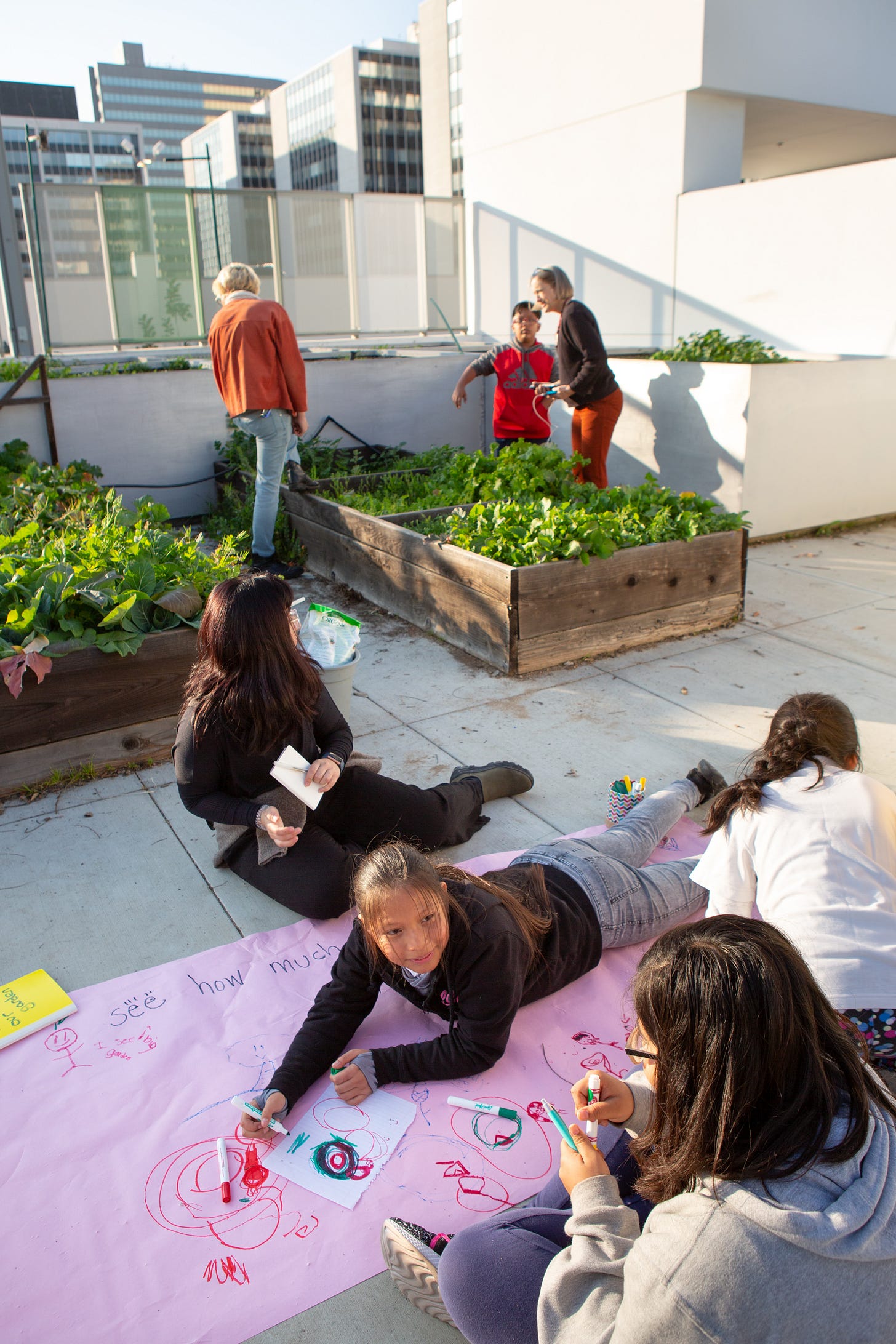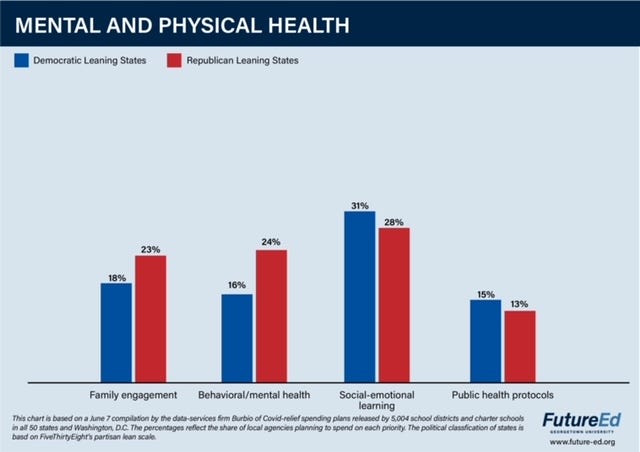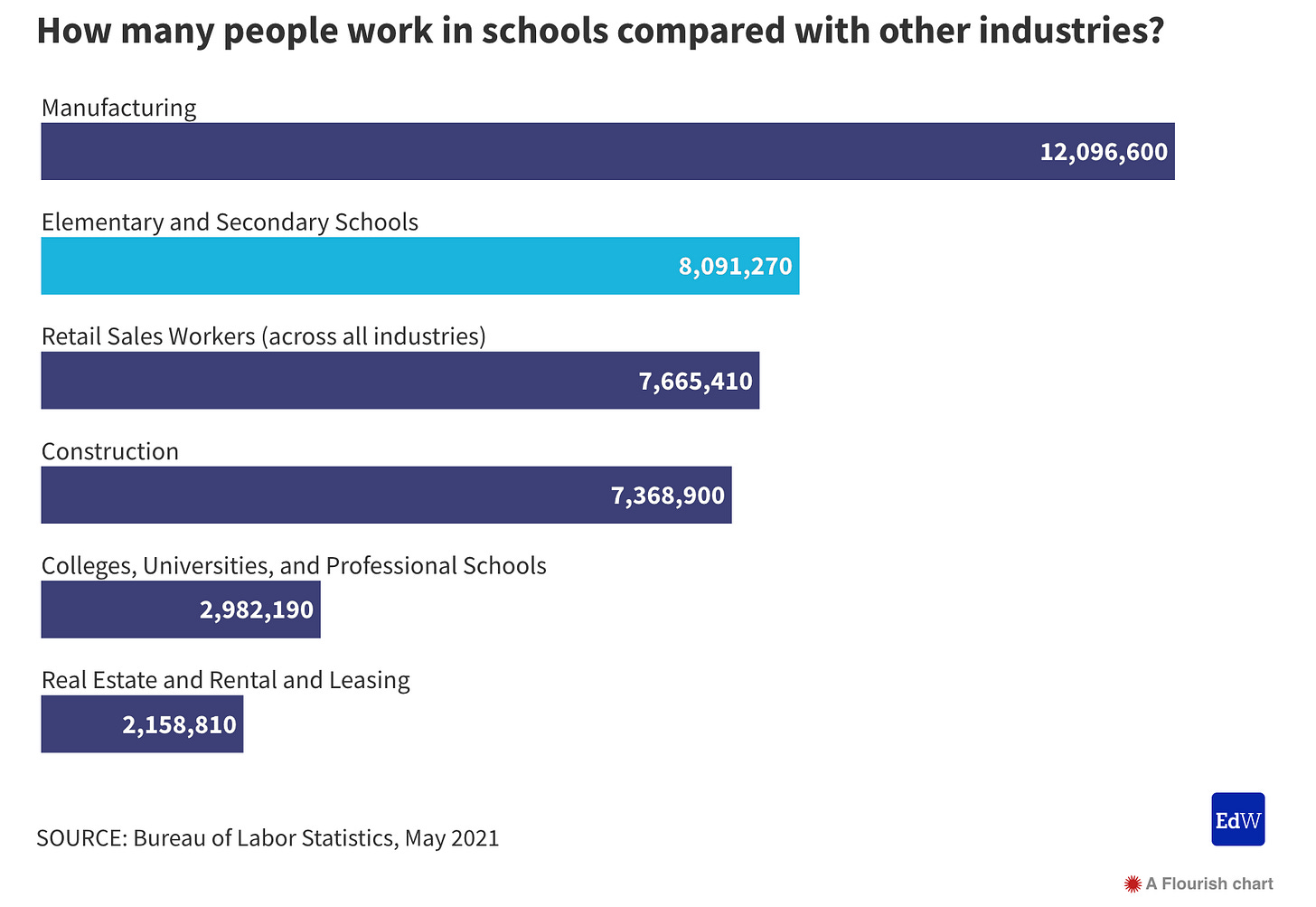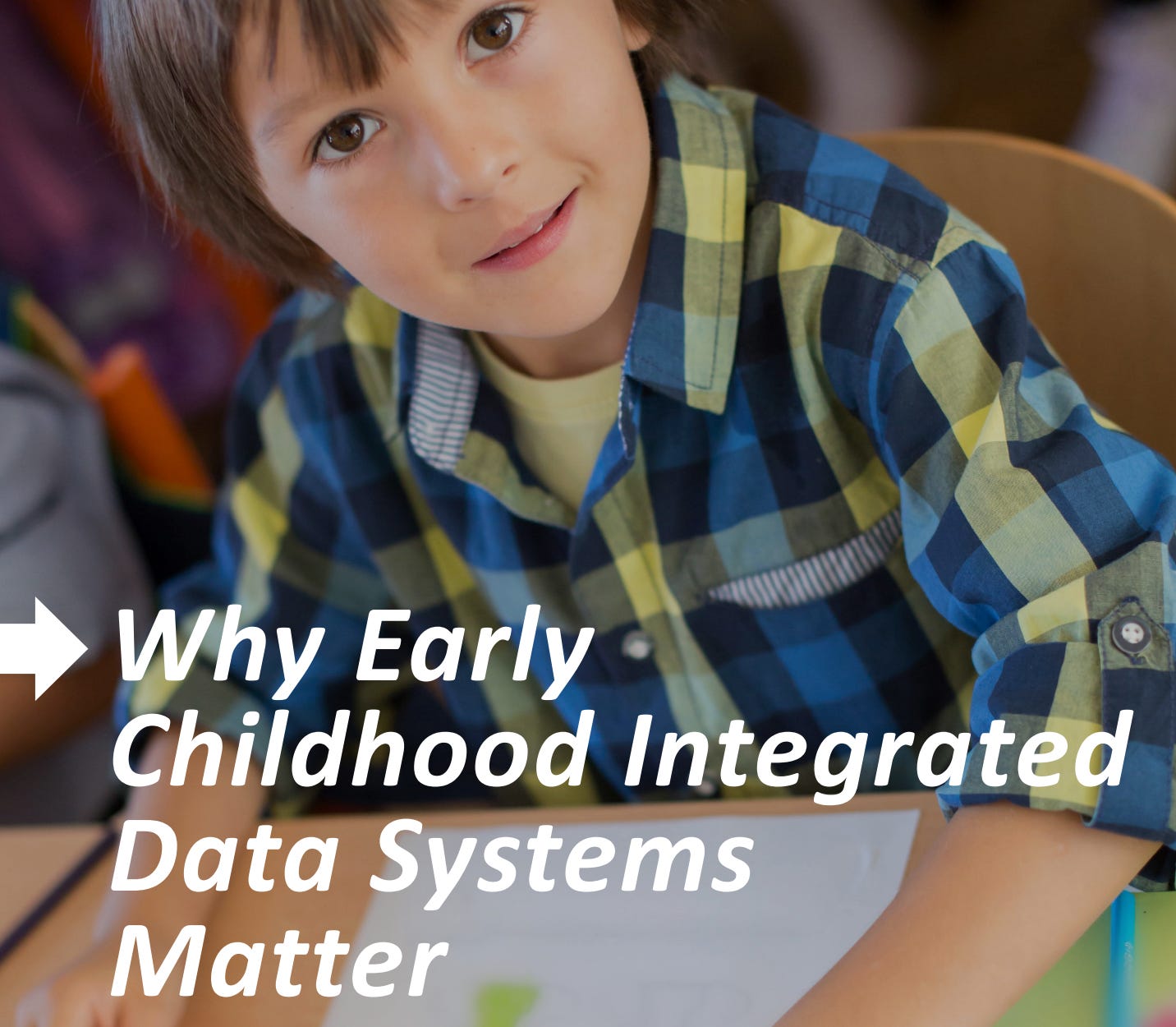I hope everyone enjoyed a long holiday weekend. We are lucky to live less than a mile from our local outdoor pool and have managed to visit more than five times in the first week it’s been open. It is always exciting seeing the kids grow their swimming skills during the summer.
Later this week we are headed to the Elk River on the Southern Oregon Coast near Port Orford to enjoy some trout fishing, Oregon swimming holes, and stargazing with aunties and cousins. With no internet access, I won’t be putting out a hotlist for next week and will resume your regular programming with a lengthy hotlist on July 18th.
Cheers to a joyful and restful summer!
THE WEEKS AHEAD
July 6, 2022 (3:00 PM EST) New America is hosting a webinar on reimagining preschool assessments for dual language learners. Register here.
July 13-15, 2022 Education Commission of the States is hosting its annual policy forum in Washington, D.C. Register here.
July 20, 2022 (3:30 PM EST), Wallace Foundation is hosting a webinar on using federal funds for summer and after-school learning options. Register here.
FEDERAL EDUCATION POLICY
Congress passed the Bipartisan Safer Communities Act. Read Deb Delisle’s pragmatic and pointed response [All4Ed].
NCES reported on the 2020-21 indicators for school crime and safety. During the 2020-21 school year, 93 school shootings led to death — the highest number since the start of data collection in 2000–01—[NCES].
In response to the discriminatory law against LGBTQI+ students in Florida, Secretary Cardona asks parents and caregivers to file complaints if they experience discrimination [USED].
"As a father and Secretary of Education, I am deeply disheartened that the "Don't Say Gay" law went into effect in Florida today. I worry about its effects on young people and families in the state. The new law also is part of a dangerous trend across the country, where we are seeing legislation targeting the LGBTQI+ community.”
IES released another round of grant opportunities, including:
NATIONAL EDUCATION POLICY TRENDS
The National Governors’ Association makes recommendations about how governors can leverage apprenticeships as a proven strategy for supporting businesses and the workforce [NGA].
FutureEd released a new analysis of COVID-relief spending by Republican and Democratic-leaning states [FutureEd].
NEW EDUCATION AGENDAS
ERS reports on “ESSER half-time” with a roadmap for strategic planning; including check-ins on spending plans and what to stop, start, and scale among investment decisions [ERS].
CRPE published a new case study and technical report on learning pod implementation, including technical considerations for future staffing models [CRPE].
Aspen Institute proposes a “rich vision for public education that meets this moment and offers all young people an opportunity to experience a sense of belonging and prepares them to participate fully in American society, civic life, and work” [Aspen].
TEACHING AND LEARNING
Results for America recommends evidence-based characteristics of Tier 1 instructional strategies to address early childhood reading comprehension [R4A].
Emily Hanford and Kymyona Burke speak with Nat Malkus about the re-ignited reading wars (this is a must-listen pod) [The Report Card].
The Texas State Board of Education pushes back against new curriculum language that names slavery “involuntary relocation” [TX].
TEACHER WORKFORCE
While more than 50% of US students are students of color, less than 10% of teachers are Hispanic, and more about our teacher diversity crisis in America [The74].
Indiana’s Council of Administrators of Special Education is kickstarting a year-long training program for current teachers to earn permits for mild to intense special education interventions [IN].
The Bureau of Labor Statistics released new data on the number and types of school employees [EdWeek].
STATE AND LOCAL EDUCATION POLICY
In the name of ESSER transparency, the Maryland Department of Education released actual spending data by district [MD].
Iowa Governor, Kim Reynolds, signed a bill that will allow parents to enroll their children in any school at any time during the year, no matter where they live [IA].
STUDENT WELL-BEING
The Pennsylvania Senate is considering a bill granting $6,800 Lifeline Scholarships to students in the bottom 15% of the lowest-performing schools. Students can use the funds for tuition or tutoring [PA].
A new Ken Burns documentary follows a group of students overcoming mental health challenges [The74].
ASSESSMENT AND ACCOUNTABILITY
Pennsylvania, part of REL Mid-Atlantic’s accountability working group, is exploring how to use Bayesian methods to ensure they “do not identify schools for improvement based on data that are unreliable because of random variation” due to inconsistent data collection during the pandemic [REL Mid-Atlantic].
Oster’s Covid School Data Hub is out with expanded statewide datasets [CSDH].
The number of students scoring at proficiency or above in Florida on the 2022 summative assessments declined from pre-pandemic times [FL].
ICYMI
Foresight Law and Policy hosted a webinar on modernizing data in early childhood education. The webinar provides an in-depth conversation about the barriers and opportunities to building statewide longitudinal data systems. Watch the conversation here and read the report here.
Dr. Christine M. T. Pitts serves as Director of Impact and Communications at the Center on Reinventing Public Education, overseeing policy leadership and external affairs. A former teacher and administrator, she previously led research and evaluation for Portland Public Scho as a former teacher and administrator. She also served as Policy Advisor at NWEA, overseeing state and federal policy to advance equity and innovation in educational assessment. Follow her on Twitter and Instagram @cmtpitts.











